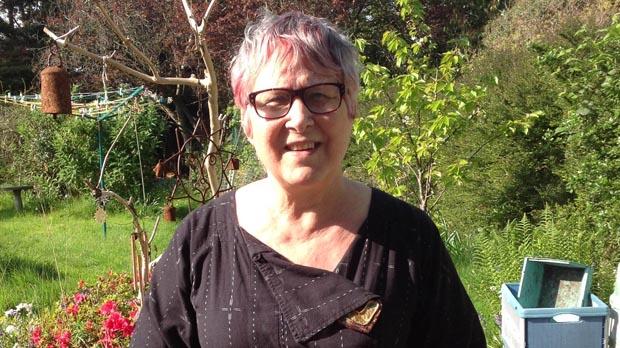
"I was delighted to take part in a clinical trial as it has the potential to really help others in the future.”
This trial looked at irinotecan for children and young people with hepatoblastoma that had continued to grow or come back after treatment.
Hepatoblastoma is a rare form of primary liver cancer that mainly affects young children. It is often treated with chemotherapy drugs called cisplatin, carboplatin and doxorubicin. But sometimes these drugs don’t work very well and the cancer continues to grow. Or it comes back after treatment (recurs). When this happens it is usually more difficult to treat. Doctors thought that a chemotherapy drug called irinotecan might have been useful in this situation.
The aim of this trial was to see how good irinotecan was at treating children and young people whose hepatoblastoma had grown or come back despite treatment.
The trial team found that irinotecan worked well for children and young people with hepatoblastoma that had grown or come back despite treatment.
This was a phase 2 trial. It recruited 24 children and young people. Everyone had irinotecan. After 2 cycles of irinotecan they had surgery if appropriate. For the children and young people whose hepatoblastoma had responded to the 2 cycles of irinotecan, they were able to continue to have irinotecan before their surgery or afterwards.
After the initial 2 cycles of irinotecan, the researchers were able to look at how well the cancer had responded in 23 of the 24 children and young people. They found that in


Of these 23 children and young people, 9 went on to have surgery. 8 of these 9 had their cancer completely removed with surgery.
After an average follow up of 9 months the team looked at how many children and young people still had cancer. They found that
The worst side effects recorded were
 )
)The trial team concluded that irinotecan did work well for children and young people with hepatoblastoma that had grown or came back despite treatment. They said irinotecan should be looked into as an initial treatment for hepatoblastoma.
We have based this summary on information from the team who ran the trial. The information they sent us has been reviewed by independent specialists ( ) and published in a medical journal. The figures we quote above were provided by the trial team. We have not analysed the data ourselves.
) and published in a medical journal. The figures we quote above were provided by the trial team. We have not analysed the data ourselves.
Please note: In order to join a trial you will need to discuss it with your doctor, unless otherwise specified.
Dr Penelope Brock
Cancer Research UK
Children's Cancer and Leukaemia Group (CCLG)
Experimental Cancer Medicine Centre (ECMC)
National Institute for Health Research Cancer Research Network (NCRN)
If you have questions about the trial please contact our cancer information nurses
Freephone 0808 800 4040

"I was delighted to take part in a clinical trial as it has the potential to really help others in the future.”